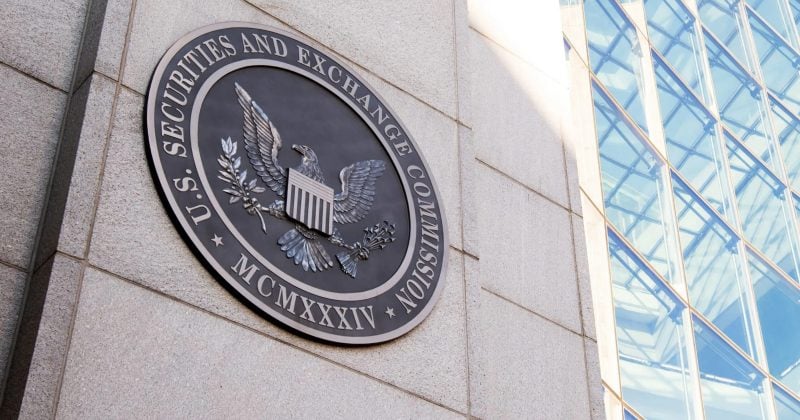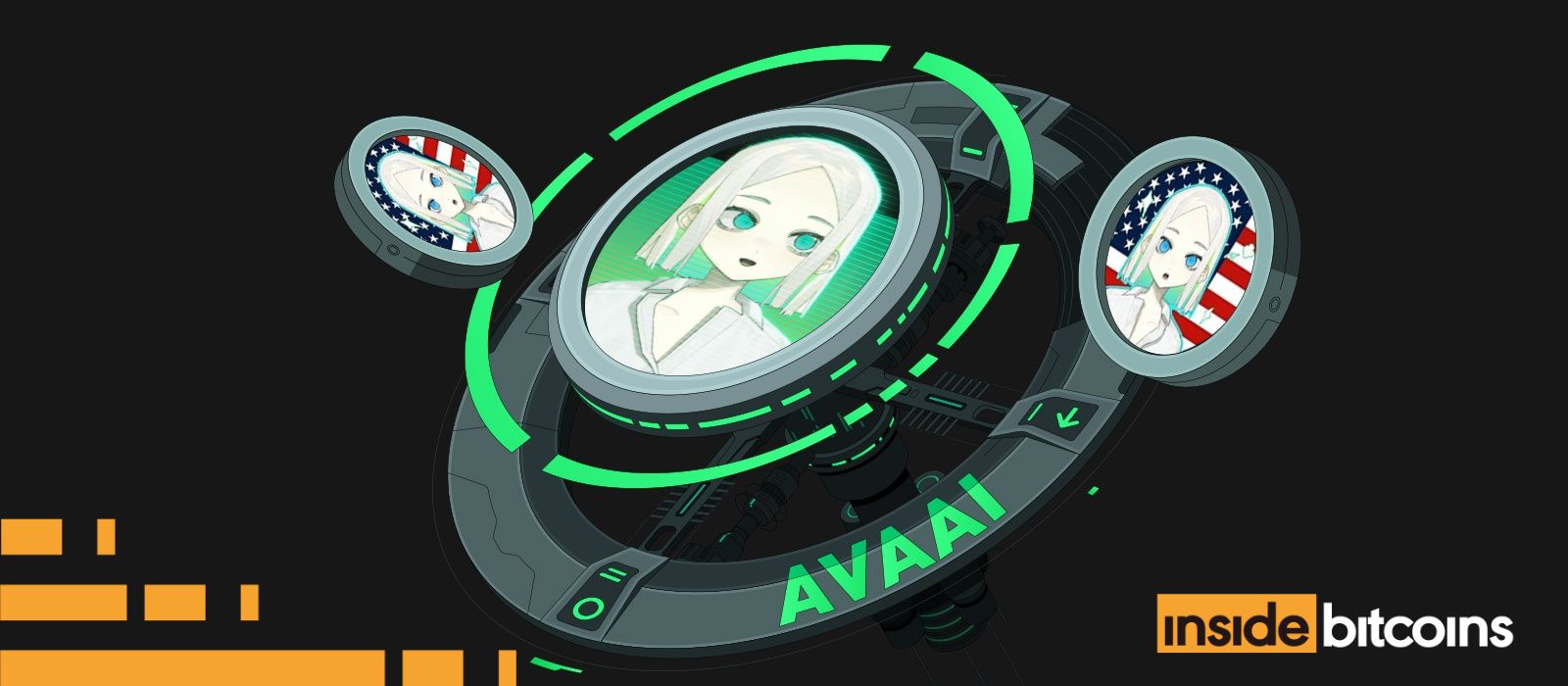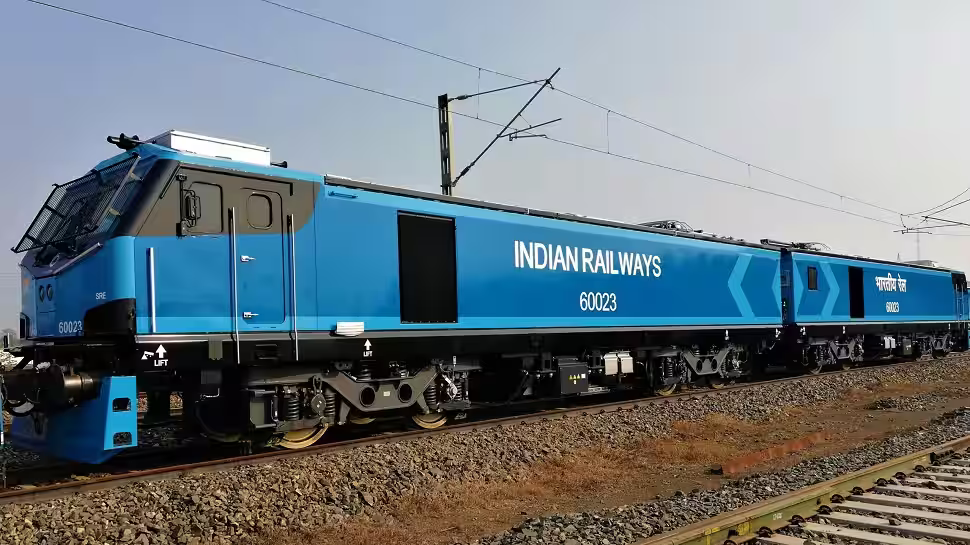Everyone knows Bitcoin. The Bitcoin blockchain works on Proof-of-Work Consensus.
Imagine you are in a group who is having a shared notebook (Ledger). How do we decide who can add the next page to the notebook? And how do we agree that the information we are adding is valid?
For that, we need to solve a puzzle problem, whoever does it first will be able to add a new page and they will get rewarded. This is Proof-of-Work. You are showing that you have done the work and deserve to add the next page (block).
So in Blockchain, We call the puzzle solvers miners. Miners will collect all the transactions into a block. Then solve a complex maths problem to add the block into the chain. They will get rewarded for their effort. (That is why we say, Bitcoin is getting mined.)
Miners need to find a variable called “Nonce.” By combining it with a block and passing through a hashing algorithm they will get a value below a certain threshold. Sounds easy, but it is harder !!
Once, they find “Nonce,” the miner will pass the value to all other miners. They will confirm the value and if all agree, we add the block to the blockchain.
Solving Rubik’s cube needs a lot of effort, but validating all sides doesn’t need much effort and time.
-> PoW requires a lot of energy. As the Difficulty Threshold of the problem increases over time, the resource required for solving the problem is also increasing. This has environmental concerns.
-> The people or organisations with large mining farms will take control of mining. (It is happening already). I won’t be able to mine bitcoin on my budget laptop struggling to open 10 tabs in Chrome at a time.
-> If one entity can control 51% of the mining, he can manipulate the chain and do things like double-spending.
Is PoW worth the environmental cost? Let me know your thoughts below! 👇

 5 hours ago
16
5 hours ago
16







 English (US) ·
English (US) ·